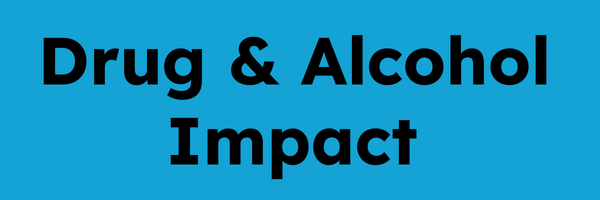'Never Have I Ever' at Durham Students' Union
A campaign to target student drinking safety and to help create an attitudinal shift among the student population

The main objectives of this campaign were:
- To identify the main protective factors associated with safe drinking in the Durham student population
- To build the campaign by working directly with students to understand their feelings around such a sensitive issue
- To use positive messages, instead of negative 'scare' tactics
- To collect data over each year of the campaign in order to measure attitudinal change as a response to the campaign
Strategy:
- A Social Norms Survey was sent to students beforehand which helped to inform the approach taken. Protective factors were identified through this preliminary student survey which guided the marketing campaigns key messages
- Survey data was recorded from students before and after the campaign, during the three years that it was run (2015-2017)
- Methods of communication included: Print (e.g. posters, flyers, bus stop advertisements), pop-up events (Photo Booths, Fresher's Fair Stall), bar visits, social media competitions and games, videos, and promotional objects (e.g. coasters, vinyl's, mirrors, playing cards, bottle openers, shopper bags)
- The campaign was student-led
- The main messages used within the survey were: Never Have I Ever, Been "that friend" who's too drunk to get into the club, Let my friends walk home alone, Walked home alone, Left my drunk friends alone and hoped for the best.
Findings (from surveys conducted before, during and after the campaign):
- The main changes were related to getting home safely, and there was a shift in attitudes towards taking care of friends and oneself when already 'drunk'
- An increase in the amount of students at Durham University who thought about getting home safely
- A large increase in students choosing not to walk home alone after a night out and in the amount of students who plan how they are going to get home after a night out
- A positive change in the amount of students who chose to eat before drinking
- A slight increase in the amount of students who said they make sure their friends get home safely and 'look after their friends on a night out' (these statements were already highly agreed to before the campaign)


